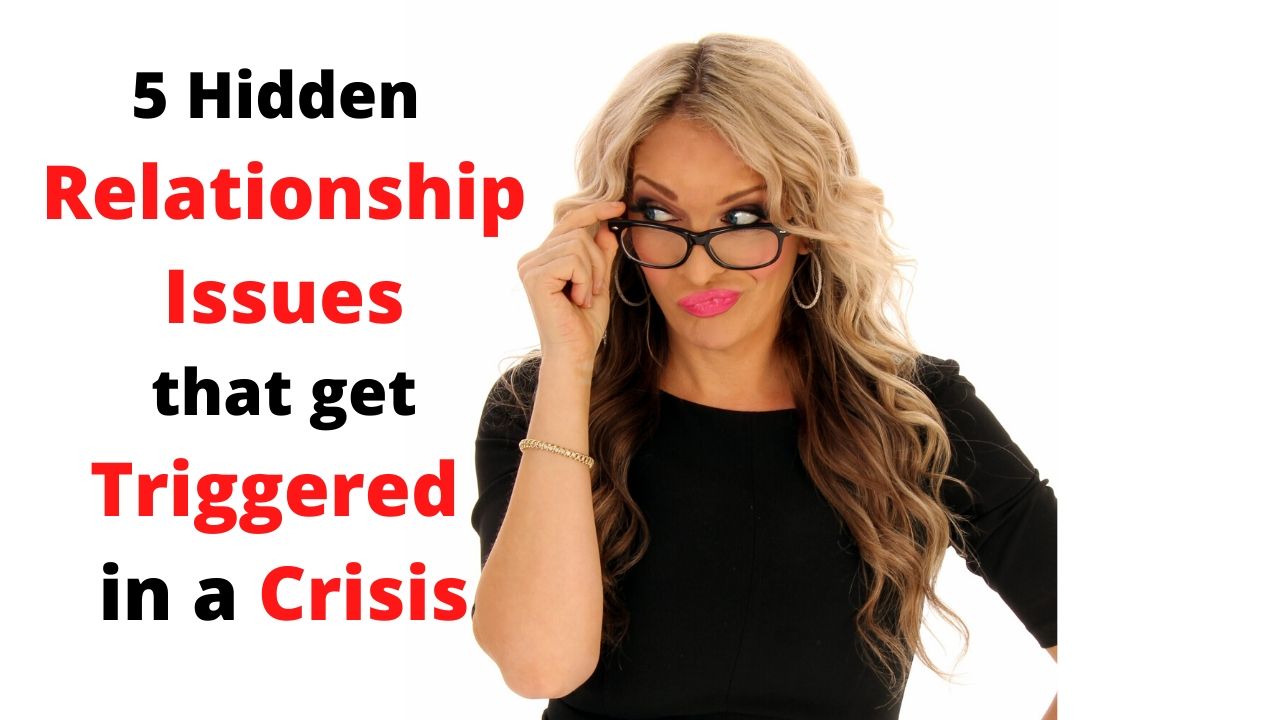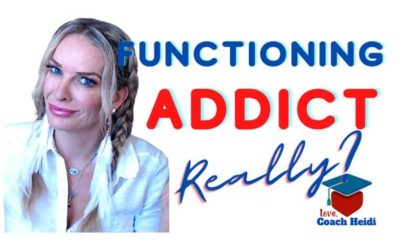
Even if you’re one of the lucky ones that doesn’t have any relationship issues on a “normal day” (see NO ONE), you’re likely to experience some significant issues now.
And for the rest of us that are constantly learning how to have a healthy relationship, we need some solid perspective now more than ever.
Don’t worry, I got you.
Today, I’m going to talk to you about 5 hidden trauma triggers that are likely getting exposed and how to handle them.
And as always, if you recognize yourself in any of these scenarios, and would like to get support, you can schedule a complimentary consultation over at www.LoveCoachHeidi.Com
- Trust Issues
Maybe you trust your partner or the people in your life of a good day. But if you have unresolved trauma around trust, a situation like this will likely bring it to the surface. You could notice yourself starting to question your partner’s decision making or ability to support you through the crisis. If this is the case, you may start to notice you scrutinize their behavior or become hyper critical. You may want to relinquish your partners ability to make decisions and become hyper vigilant over details.
- Control issues.
As a result of trauma, you may start to feel a sense of loss of control. Especially if you believe mandates are coming from ill equipped or unqualified sources. This can be intensified if, when you were a child, you had to take orders from parents that behaved more like the children or who were incompetent in some way of talking care of you.
So, you may start to develop a need to control everything around you. As you feel more out of control you may be inclined to find the certainty you seek in self-destructive behaviors. For example, if you have a history of disordered eating, now would be the time it would start to resurface.
Bad habits are a lame attempt at feeling in control of your anxiety.
- Abandonment Issues
If you felt like the people you cared for or who were supposed to care for you abandoned you, this can be brought to the light now. You may find yourself being extra “needy” for validation, support and to be taken care of. You may start to feel entitlement to be rescued and put that responsibility on others. If this is the case, you will likely put extra pressure on your partner to “be there for you” as you have difficulty managing and navigating your own emotions. These expectations will be unrealistic and unmet as you cannot be reassured enough when you are being triggered in this way,
- Victimization/Learned Helplessness
If you have been a true victim in the past and it is left unhealed, you may experience a feeling of being victimized all over again If that is the case, you can fall into a pattern of learned helplessness feeling as though you are merely a passenger on a runaway train.
You may throw your hands up and declare there is nothing you can do and wait for the inevitable (whatever that may be) to overtake you. You may start neglecting yourself and doing the things you CAN do to take care of yourself.
- Intense Lack/ Extreme Scarcity
If you grew up in a situation where lack and scarcity were par for the course, and you survived, you may think you are past this. However, if dormant trauma is there, it will get triggered in a crisis and you will begin to panic.
Many go into hoarding behavior and turn into “every man for himself mentality.”
When you combine lack trauma with trust issues, you get mayhem.
So, what is the cure for these triggers?
Step 1. Awareness.
Become conscious of them. Awareness is the first step out of anything. We must turn the lights on if we’re to see in the dark.
Step 2. Ground yourself in the present moment. Breathe.
There are many techniques for dealing with trauma triggers that involve getting back into the moment. You can engage any one of your 5 senses. Smell something, feel something focus on the sounds in the room, take off your shoes and feel your feet on the carpet, etc. Open you eyes and find everything green in the room you’re in. Once you get present, you are no longer in the past of the trauma and you can move to step 3.
Step 2. Conscious Curiosity.
Once you become aware you are being triggered, you can put things into perspective. You can ask yourself some questions such as, “what is really happening right now?”
“Do I have everything I need in this exact moment?”
“What else could this be about?”
“How can I cultivate MORE trust right now?”
“How can I experience an abundance mindset right now?” Hint: hug someone, look at the trees, count the blades of grass.
Step 4. Get help. Reach out to a qualified professional to help you.
I would love to be a support for you as you unravel and untangle your past form your present.
You can learn more over at www.LoveCoachHeidi.com





0 Comments